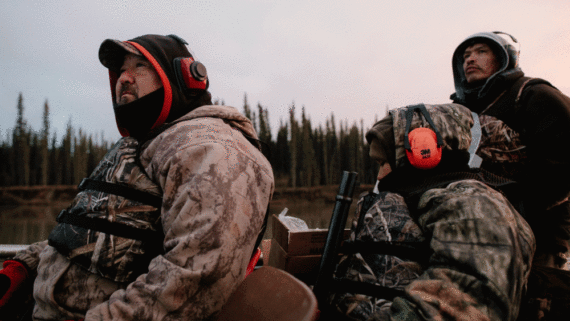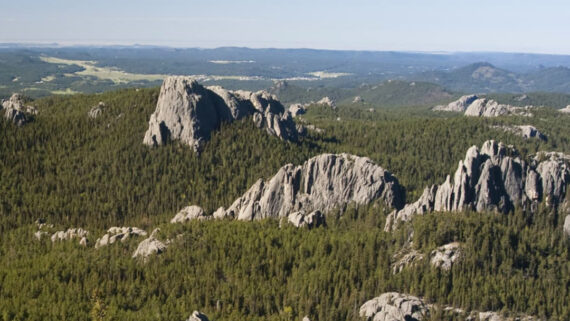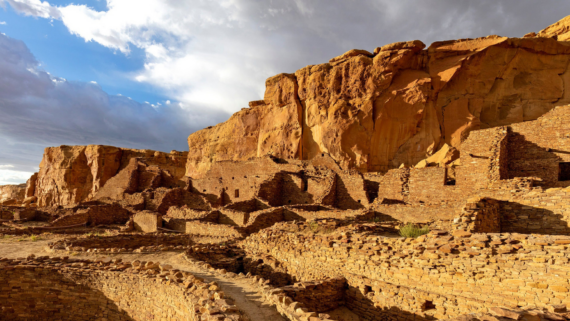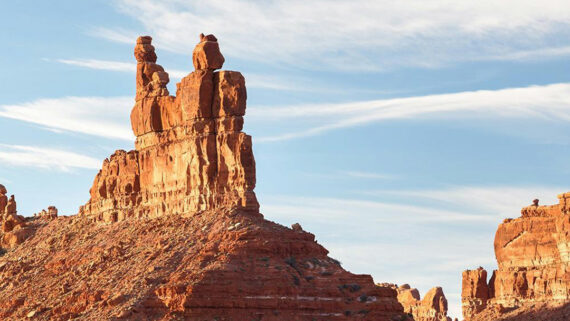From Gwichyaa Zhee To Bears Ears: Solidarity Against Extraction – #RedRoadtoDC
From the Arctic National Wildlife Refuge to Bears Ears National Monument, sacred Indigenous lands across the country are in the sightlines of oil companies, whose relentless pursuit of new oil and gas reserves endanger the traditions, ways of life, and religious practices of local communities.
read more




